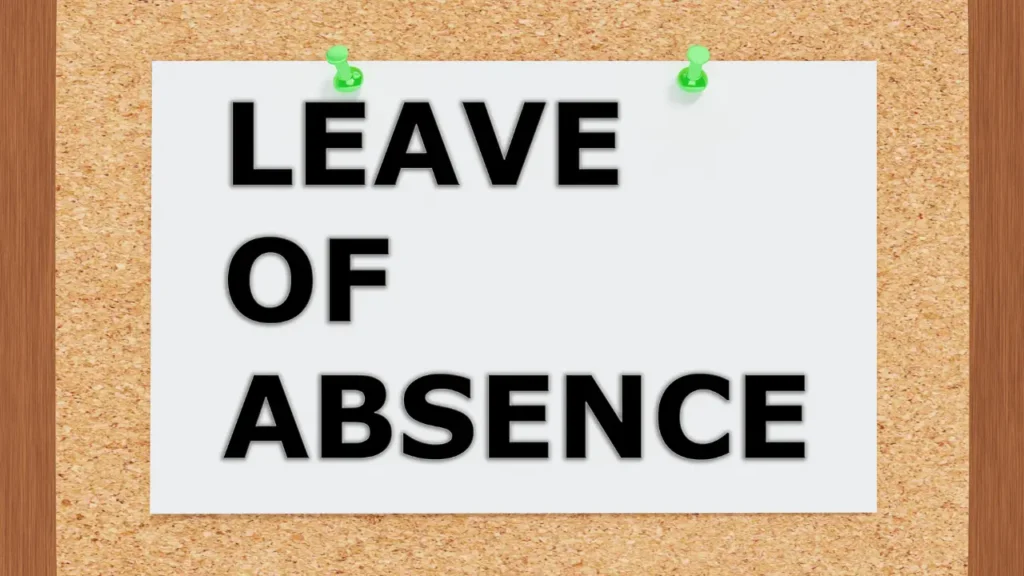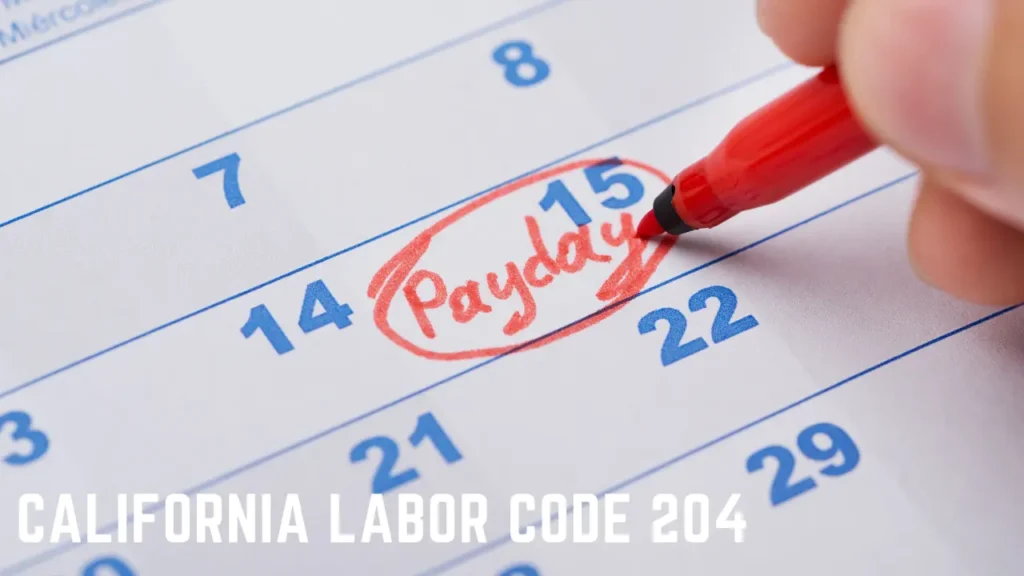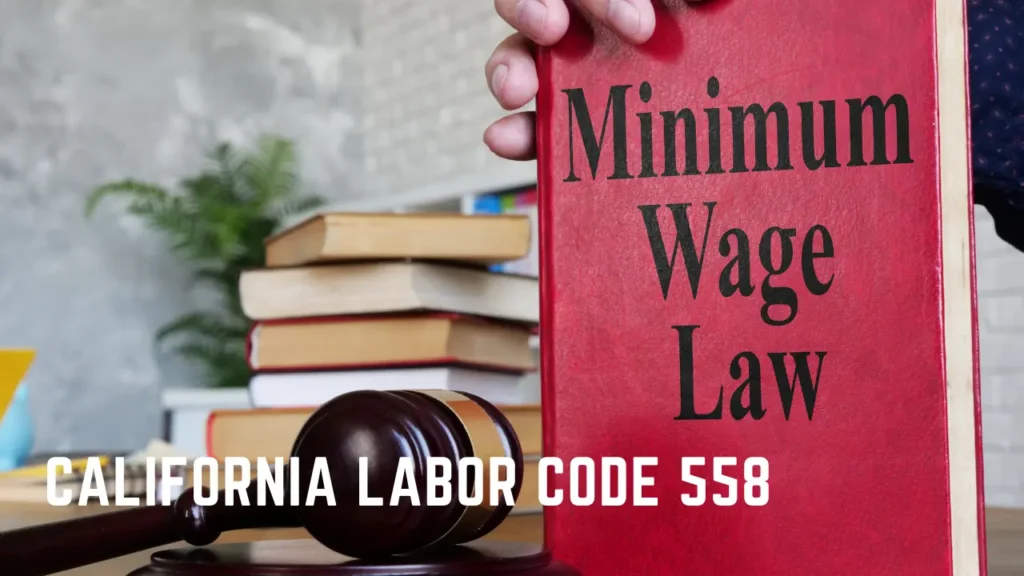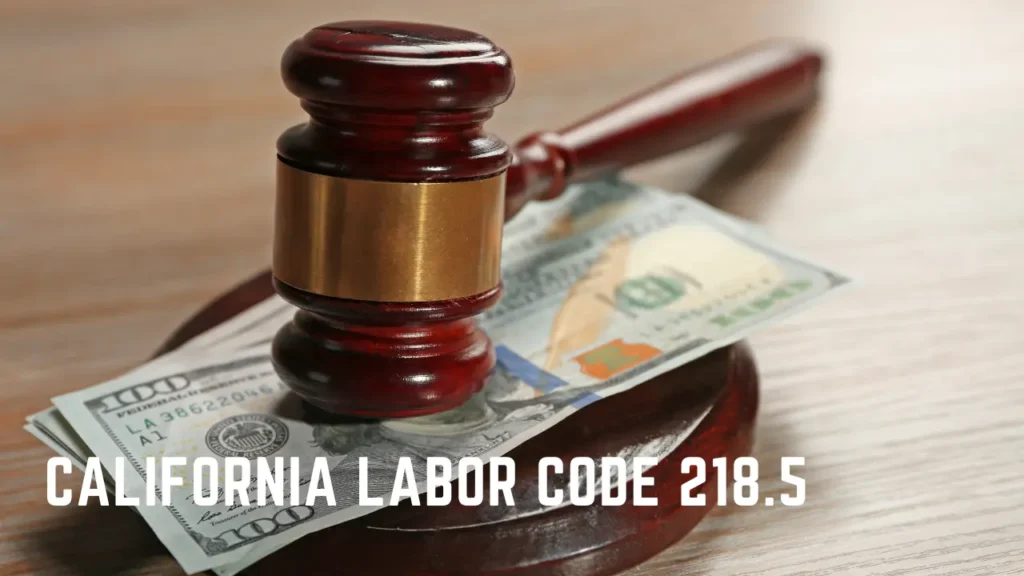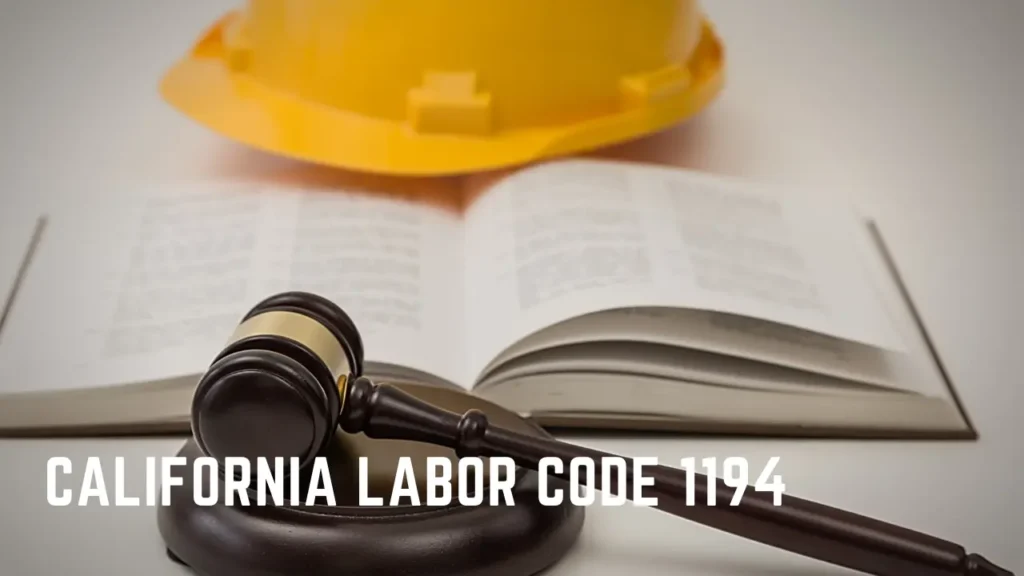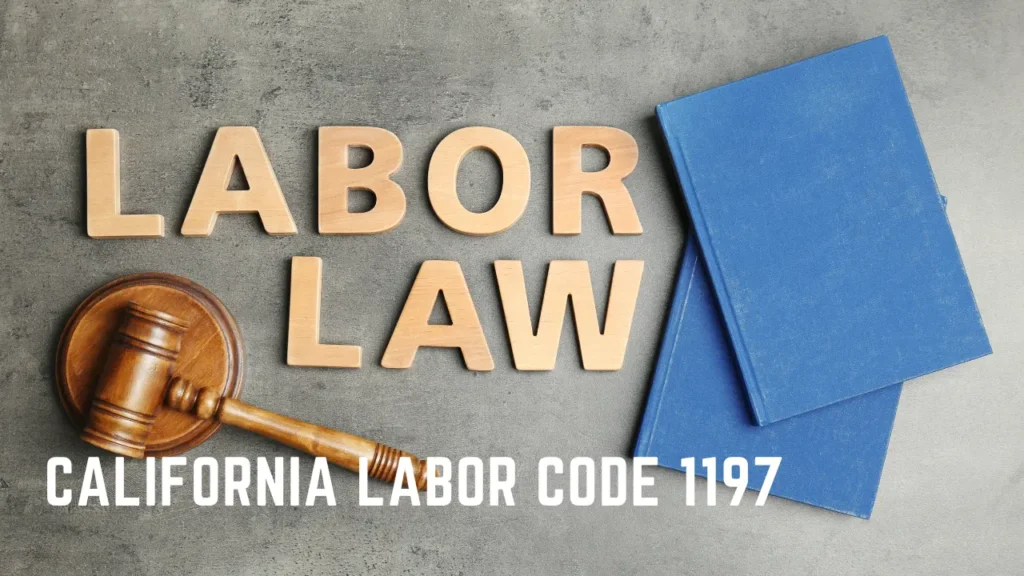Retaliation refers to adverse employment action taken against an individual because of their engagement in protected activities. Protected activities are actions taken by employees to report discrimination, harassment, or other unlawful workplace practices. Examples of protected activities include filing a complaint with the Equal Employment Opportunity Commission (EEOC), reporting harassment to a supervisor, or participating in an investigation of discrimination.
Retaliation is illegal under federal and state employment laws, including Title VII of the Civil Rights Act of 1964 and the Fair Labor Standards Act (FLSA). An employee who experiences retaliation may be entitled to various remedies, including reinstatement, back pay, and compensatory damages.
It is important to note that retaliation can take many forms and may not always be obvious. For instance, retaliation may occur in the form of a demotion, negative performance evaluation, or reduction in hours. Employers are prohibited from retaliating against employees for engaging in protected activities, regardless of the validity of the underlying complaint.
Employees who believe they have experienced retaliation should immediately report the incident to their employer and seek the assistance of an attorney or government agency. It is crucial to document the retaliation and all relevant information, as this will aid in building a strong case.
Types and Examples of Retaliation for a protected activity:
Retaliation in the workplace can take many forms and can range from subtle to overt actions. Here are some common types of retaliation:
- Demotion: An employee is demoted or transferred to a less desirable position or work location as a result of their engagement in a protected activity.
- Negative Performance Evaluation: An employee is given a negative performance evaluation or false disciplinary action, despite previously having a good record.
- Reduction in Hours or Pay: An employee’s hours are reduced or their pay is cut as a result of their engagement in a protected activity.
- Termination: An employee is fired or laid off as a result of their engagement in a protected activity.
- Hostile Work Environment: An employee is subjected to a hostile work environment, including harassment or bullying, as a result of their engagement in a protected activity.
- Threats or Intimidation: An employee is threatened or intimidated with adverse consequences for engaging in a protected activity.
- Refusal to Promote: An employee is not promoted despite being qualified for the position, as a result of their engagement in a protected activity.
Examples of protected activities that may result in retaliation include:
- Filing a complaint with the Equal Employment Opportunity Commission (EEOC)
- Reporting harassment or discrimination to a supervisor or HR
- Participating in an investigation of discrimination
- Speaking out about workplace safety issues
- Exercising one’s rights under the Family and Medical Leave Act (FMLA)
- Refusing to engage in unlawful activity, such as falsifying time records.
It is important to note that retaliation can occur even if the underlying complaint is not substantiated. Employers are prohibited from retaliating against employees for engaging in protected activities, regardless of the validity of the complaint.
What you should do?
If you believe you have experienced retaliation in the workplace as a result of your engagement in a protected activity, there are several steps you should take:
- Document the retaliation: Keep a record of any adverse actions taken against you and any related circumstances or incidents. This documentation will be important in building your case.
- Report the retaliation: Report the retaliation to your employer and/or the relevant government agency, such as the Equal Employment Opportunity Commission (EEOC).
- Seek Legal Advice: Consult with an attorney who specializes in employment law. They can advise you on your rights and options for pursuing legal action.
- Keep Working: If possible, continue to perform your job to the best of your abilities. You should also avoid engaging in any actions that could be perceived as insubordinate or disruptive to the workplace.
- Gather Evidence: Collect any relevant documents, emails, or witness statements that support your claim of retaliation.
It is important to take action as soon as possible, as the statute of limitations for filing a claim may be short. Retaliation is illegal, and employees have the right to work in a safe and non-threatening environment free from retaliation for engaging in protected activities.
When to Contact an Attorney for Retaliation in the Workplace?
Retaliation in the workplace is a serious issue and can have a significant impact on an employee’s career and financial stability. If you believe you have experienced retaliation as a result of your engagement in a protected activity, such as reporting harassment or discrimination, it is important to take action to protect your rights.
In these situations, it is advisable to consult with an employment law attorney. An attorney can provide you with guidance and support as you navigate the legal process and can help you understand your rights and options for pursuing legal action.
An attorney can also assist with the following:
- Evaluating the strength of your case: An attorney can help you assess the evidence and determine if you have a strong case for retaliation.
- Gathering and presenting evidence: An attorney can help you gather and present evidence to support your claim of retaliation, including any relevant documents, emails, or witness statements.
- Negotiating with your employer: An attorney can represent you in negotiations with your employer or their insurance company and can negotiate on your behalf to reach a settlement.
- Representing you in court: If necessary, an attorney can represent you in court and can fight for your rights and compensation.
The statute of limitations for filing a claim may be short, so it is important to seek legal advice as soon as possible if you believe you have experienced retaliation in the workplace. An employment law attorney can help you understand your rights and ensure that your case is handled properly.
If you are seeking representation for your retaliation case, consider hiring Jonny Law. Jonny law has a deep understanding of employment law and is committed to protecting the rights of employees who have experienced retaliation in the workplace. With his extensive experience and dedication to his clients, Jonny can provide the knowledgeable and effective representation you need to achieve a favorable outcome in your case. Contact Jonny today to schedule a consultation and learn more about how he can help you with your retaliation case. You can feel confident that with Jonny on your side, your rights will be protected and your case will be handled with the utmost care and attention.

